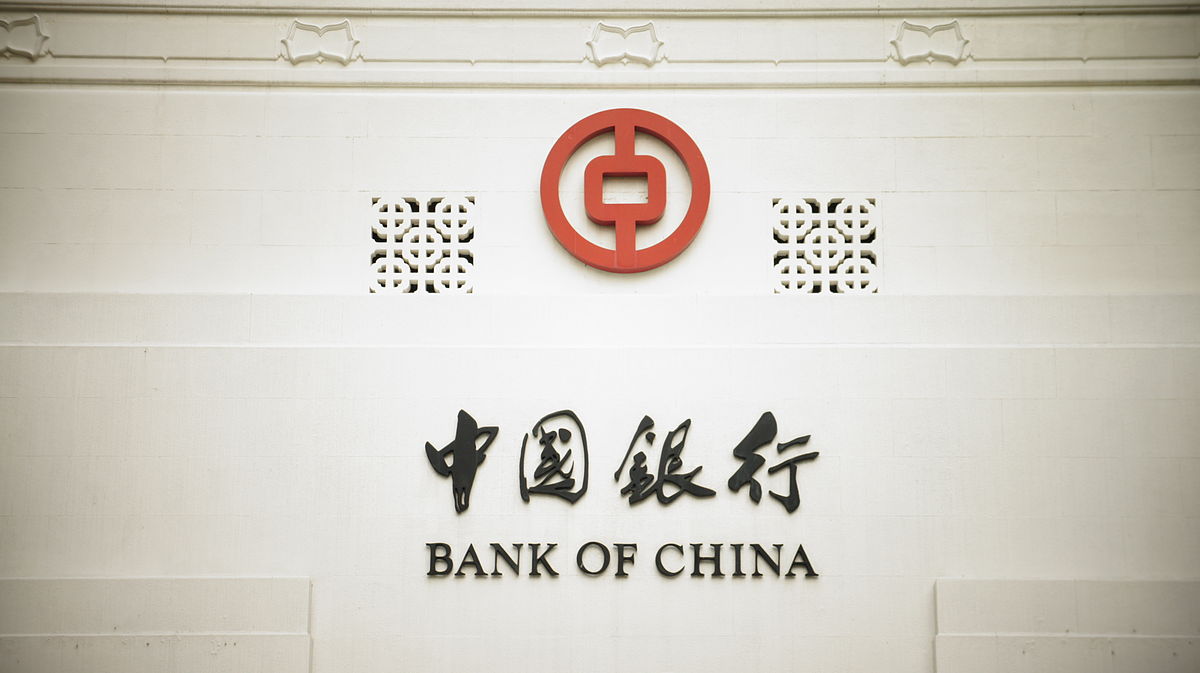China may have been overfond of cryptocurrency, especially when they go beyond the country’s firm grasp. However,r it seems like the country has been quite readily preparing for a future in which cryptocurrencies could play a major part.
We know for a fact that China is now preparing to enter the digital revolution with a centralized and digitalized economy, which will allow it to be at the forefront of the world when it comes to managing financial transaction.
Utilizing the power of blockchain, the country will use this innovation to introduce its own digital sovereign money and use it for everyday exchanges. If this idea cottons on and launches in earnest, the country’s dependence on the US dollar as a reserve currency will be diminished to zero.
Not only that, but China will also be able to sway world markets, as it is currently the largest bond owner in the United States, which should give economists and bankers the jitters.
Blockchain has been adopted even in Europe, where cryptocurrency still remains a highly contentious point.
Where is Retail and Corporate Banking Headed
As of today, close to half of the 26 publicly listed banks in China say to have deployed the blockchain solutions throughout 2017. With this in mind, it is quite possible to see further changes coming to the industry soon.
With the mass adoption of blockchain solutions by Chinese banks, this is a clear signal that the time has come that the country is preparing to embrace its FIAT digital currency.
According to a source, the exact number of banks is 12. These 12 institutions include well-known public institutions, such as the Bank of China, China Construction Bank and the Agriculture Bank of China. More banks on the list include the China Merchants Bank.
As a result of the blockchain adoption, a number of possibilities has become available.
What does blockchain mean for banks?
With the acceptance of blockchain banking, several trends have become quite feasible. For starters, the transaction times will be significantly reduced, meaning that Chinese customers may be among the first around the world to experience instant transfers and heightened security measures.
With the advances of similar fintech offers across Europe, it will be an interesting landscape to observe. Where China comes as a united front, European financial institutions have been a bit laggard and just as much reluctant to make any large-scale steps directed
According to the annual filing from the Agriculture Bank of China, the bank has developed a decentralized network, which will not only boost transition times, but help it use it to deck out unsecured loans and automatically enact measures that are necessary as per the latest developments.
This is a clever approach and one that deserves admiration. The large-scale adoption of blockchain in China will be a game changers.
Banks Adopting, Start-Ups and Capital Running Away
This could be an auspicious time for investors who are currently fleeing the country to pursue investment in Singapore and Hong Kong to retain their budgets in China and start helping local blockchain-powered initiatives to succeed.
If investors can be convinced that their involvement with the country will pay off, they may perhaps stay in China and look for the next blockchain operation. However, there is always this that the state may be interested in pursuing their investment and seizing assets.
Doing business in China is definitely difficult. The state uses powerful companies as an extension of its own power and this is an undeniable fact. How local investors manage amid the blockchain arrival to prominence will be indicatory for similar future ventures in the country.
What Can China Do To Stay Its Appetites
The county will never have to worry much when it comes to maintaining steady investment streams. And it is unlikely that it will relent from its pursuit of centralization of every walk of life.
With this in mind, investors have several choices to make:
- They can choose to go to a neighbouring jurisdiction where investors are readily available;
- They can try to operate in sectors that are sanctioned by the government.
However, there are undeniable difficulties when it comes to both of these and blockchain investment in China still remains a highly-skilled undertaking that does not come readily to just anyone.
With the right mindset, an investment can be placed successfully. Alibaba, for example, may not be a blockchain-based company, but it will certainly change the world quite a bit, despite hefty government regulation.



Comments (No)